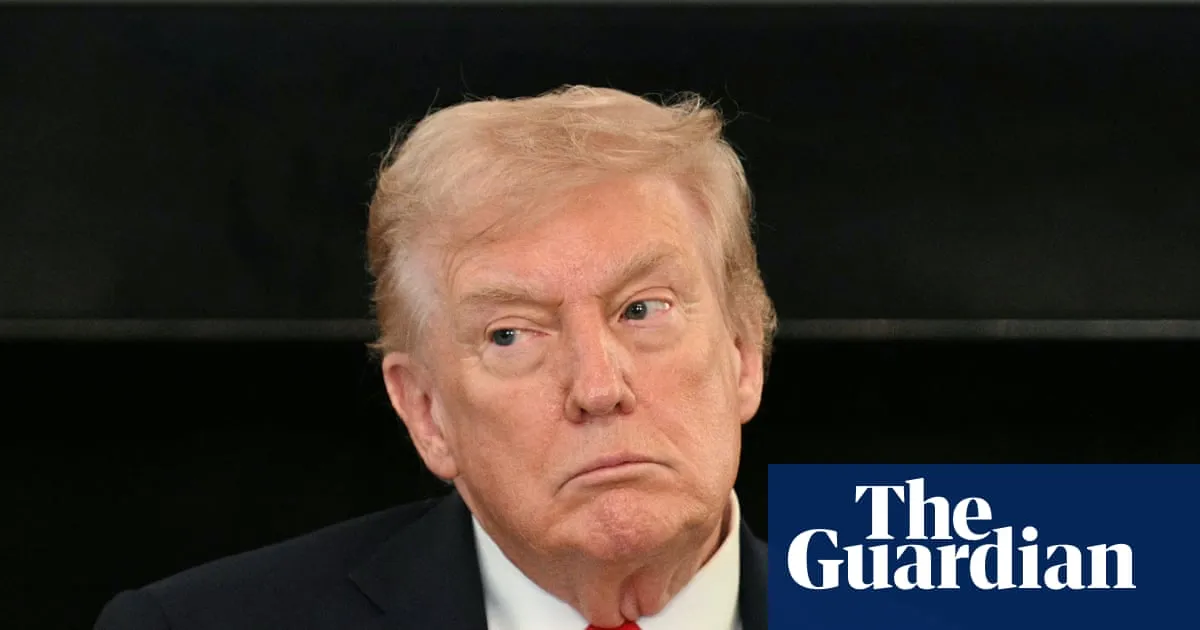
As the countdown begins to the announcement of this year’s Nobel Peace Prize, Norwegian politicians are bracing for possible repercussions to US-Norway relations if the award is not presented to former President Donald Trump. The Norwegian Nobel Committee confirmed on Thursday that it has made its decision regarding the 2025 peace prize laureate, a move that comes just days after Israel and Hamas reached a ceasefire under the US president’s Gaza plan.
Given the timeline and the makeup of the independent five-member committee, most Nobel experts and local observers believe it is highly improbable that Trump will receive the prestigious award. This uncertainty has fueled concerns among Norwegian officials about how Trump might react to being publicly overlooked for such a significant honor. Kirsti Bergstø, leader of Norway’s Socialist Left party and its foreign policy spokesperson, expressed the sentiment that Oslo must be “prepared for anything.”
Bergstø remarked, “Donald Trump is taking the US in an extreme direction, attacking freedom of speech, having masked secret police kidnapping people in broad daylight, and cracking down on institutions and the courts. When the president is this volatile and authoritarian, of course, we have to be prepared for anything.” She added, “The Nobel Committee is an independent body, and the Norwegian government has no involvement in determining the prizes. But I’m not sure Trump knows that.”
Historically, Trump has been vocal about his belief that he deserves the Nobel Peace Prize, a distinction previously awarded to his presidential predecessor, Barack Obama, in 2009 for his “extraordinary efforts to strengthen international diplomacy and cooperation between peoples.” In July, Trump reportedly reached out to Jens Stoltenberg, Norway’s finance minister and former NATO secretary general, to inquire about the Nobel prize. At a recent United Nations meeting, he falsely claimed to have ended seven “unendable wars,” asserting to world leaders, “Everyone says I should get the Nobel Peace Prize.”
Arild Hermstad, leader of the Green Party of Norway, emphasized that the independence of the Nobel Committee is what grants the prize its credibility. “Peace prizes are earned through sustained commitment, not through social media tantrums and not from intimidation,” he commented. He acknowledged Trump’s support for the recent ceasefire deal between Israel and Hamas but noted, “One late contribution does not erase years of enabling violence and division.”
Kristian Berg Harpviken, director of the Norwegian Nobel Institute, stated that the decision was finalized at the last meeting of the Nobel committee on Monday. He insisted that the choices made by the committee are entirely apolitical, although the appointment of committee members by the Norwegian parliament—according to the wishes of Alfred Nobel, who established the prizes—can complicate perceptions of independence. “I know first-hand the committee acts completely independently,” he explained, “but Alfred Nobel made it somewhat difficult for us by writing in his will that it must be appointed by the parliament.”
Nina Græger, director of the Peace Research Institute Oslo (PRIO), suggested that the most likely candidates for this year’s peace prize include Sudan’s Emergency Response Rooms, the Committee to Protect Journalists, and the Women’s International League for Peace and Freedom. “While Trump clearly deserves credit for his efforts to end the war in Gaza, it is still too early to tell whether the peace proposal will be implemented and lead to lasting peace,” she said. “Trump’s retreat from international institutions and his controversial actions, including attempts to take over Greenland from Denmark, as well as infringements on basic democratic rights within his own country, do not align well with Nobel’s will.”